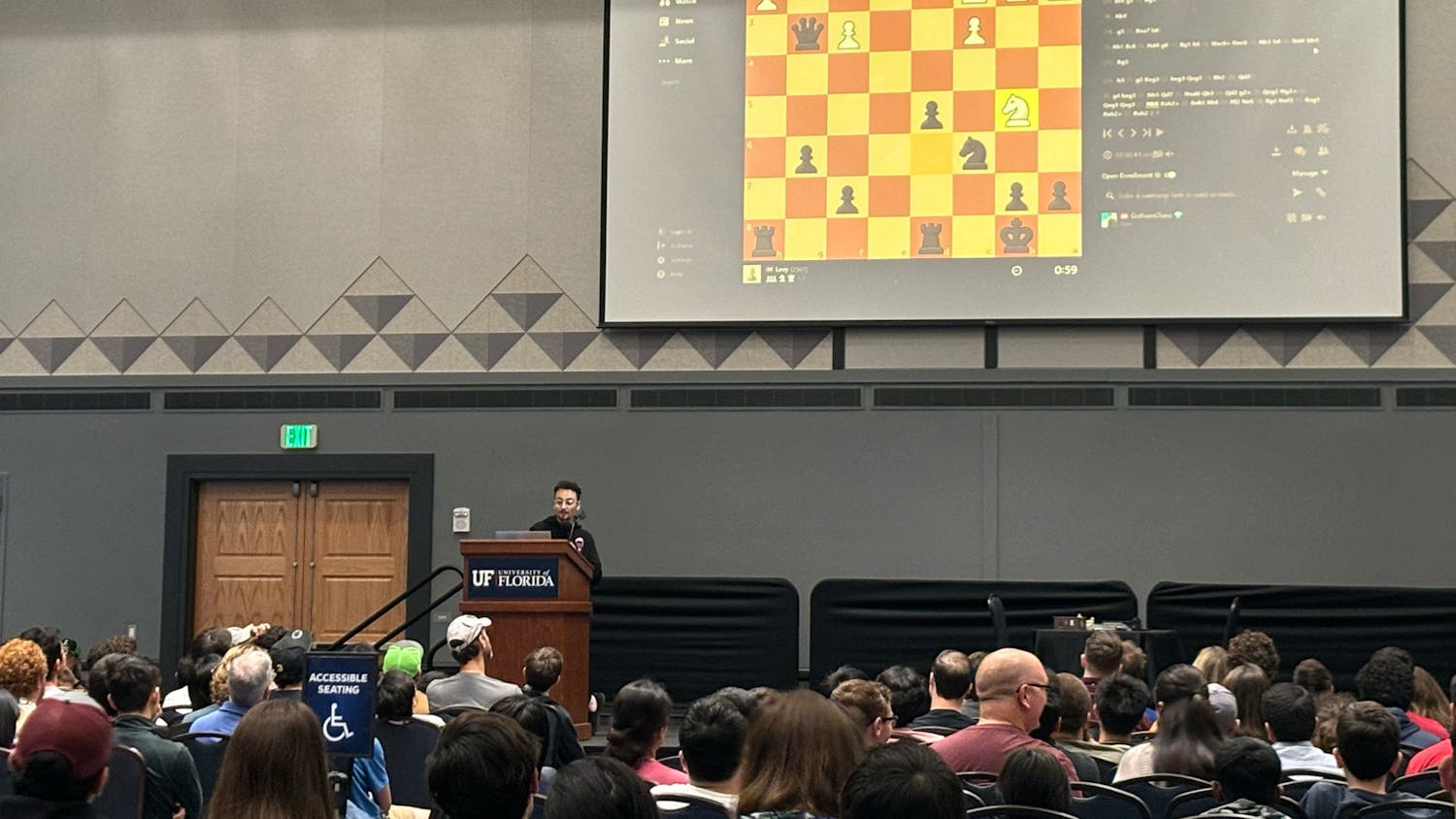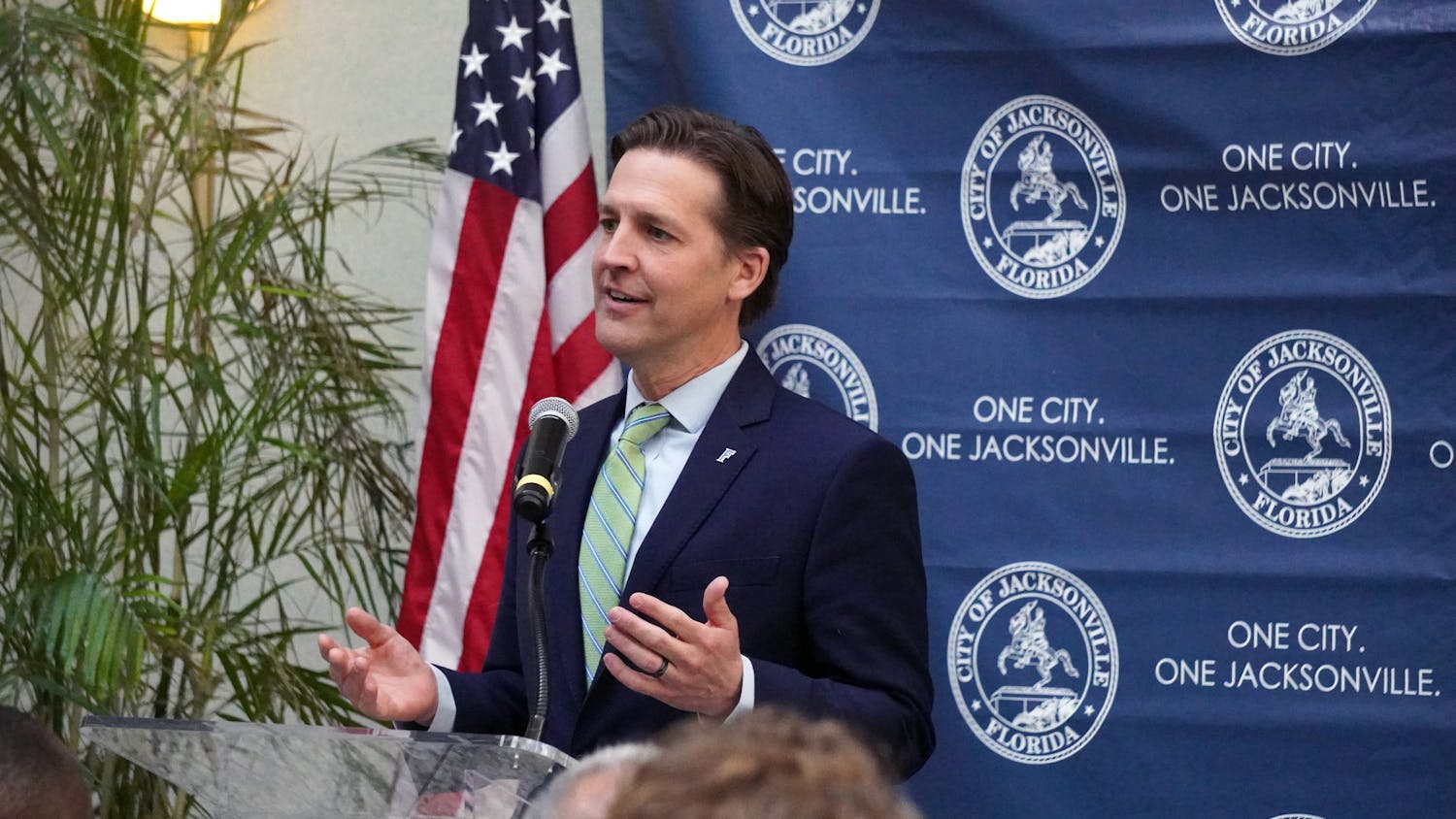It’s the week leading up to President Barack Obama’s next-to-last State of the Union Address, so he’ll be revealing his policies for the coming year. It also means there will be a lot of rather sassy reactions to his stated plans, so get ready for a week full of some salty political news. See, for example, the president’s announcement this weekend of the plan to make community college tuition free, and the gleeful takedowns that followed.
On Monday, we got to hear about a new segment of Obama’s plan for 2015: moving cybersecurity up to the front of his administration’s agenda. He visited the Federal Trade Commission to discuss plans to protect the privacy of consumers and students, as well as to prevent identity theft. Today he’ll be going to the National Cybersecurity and Communications Integration Center, a branch of the Department of Homeland Security. The president made his most striking proposal in a speech where he suggested legislation that would require companies to inform consumers of data hacks within 30 days of a breach.
The emergence of an executive plan to promote cybersecurity comes at an awkward intersection, where we’re putting more and more of our most sensitive information on the Internet at a time when security is lacking. Often, though, our personal information is vulnerable to hackers even if we don’t make it available ourselves. Lapses in security — such as last year’s Sony hacks and the data breach at Target, which compromised 40 million credit and debit card numbers — didn’t only jeopardize the individual consumers involved. They had a profoundly negative impact on major corporations and the economy at large. Each underscores the need for greater emphasis on cybersecurity on a grand scale.
In a peculiarly embarrassing and nearly unbelievable turn of events, the Twitter account of the U.S. Central Command was hacked and taken over by what appeared to be Islamic State sympathizers.
U.S. Central Command is located at the MacDill Air Force Base in Tampa and oversees operations in the Middle East and Central Asia — including Iraq, Syria and Afghanistan. It’s also in charge of the ongoing operations against the Islamic State group, Operation Inherent Resolve.
The cyberattack appears to have been carried out by people claiming allegiance to the Islamic State group, but there hasn’t been any proof of involvement on the part of the caliphate. The hackers didn’t do much — they changed the cover photo and posted a few documents, all of which could easily be found publicly on government websites. The hack was an embarrassing nuisance but didn’t pose any actual threats. Besides, it’s not like social media sites have the strictest protocols — even if that’s an unsettling reality for most of us.
With that in mind, take steps to make sure your ducks are in a row, security-wise. It’s good to be cautious, especially when so much is available. If, like me, you use the same password for every account, consider changing a few of them. That should give you more security and peace of mind.
[A version of this story ran on page 6 on 1/13/2015 under the headline “The State of the Union and security breaches"]





